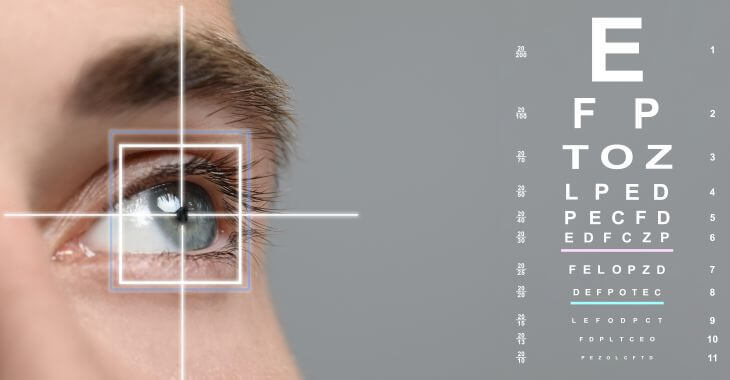Psoriasis Treatment
Psoriasis is a chronic skin condition that impacts the quality of life for thousands of people with the condition. Common symptoms include patches of inflammation, which are usually red and are covered with silvery scales. In most people, the impacted areas usually occur on the elbows, knees, lower back and scalp, although in some cases the entire body can be impacted. The exact cause of the condition is unknown, but it is believed that the condition is genetic and symptoms increase in most patients during periods of high stress and anxiety, as well as a result of other triggers such as alcoholism, trauma and infections, such as strep throat.
In addition to often being physically painful, the condition often causes intense emotional pain as well the patient is very self-conscious of the condition and it often impacts their quality of life. In many cases the condition leads to depression as well. An example of this would someone who enjoys swimming, but refrains from swimming, because they are aware of people looking at the parts of their bodies with a psoriasis outbreak. They become depressed over time, because they cannot enjoy an activity as a result of their condition.
Thee are a number of treatments for psoriasis including topical medications such as Dovenex, coal tars and corticosteroids. Systemic medication includes corticosteroids and Methotrexate. In some cases, exposure to ultraviolet light and photochemotherapy is effective. Many cases of psoriasis are virtually eliminated by the use of regular injections of Enbrel, which is primarily an arthritis drug. The exact psoriasis treatment recommended by a highly trained and experienced dermatologist depends upon a number of factors, including the severity of the condition and the patient’s success with past treatments. Psoriasis can now be effectively treated improving the quality of life person suffering form the condition!
Posted on behalf of Dr. Jodi E. Ganz, Olansky Dermatology Associates
The information provided on this website, including text, graphics, images, and other materials, is intended solely for informational purposes and should not be used as a substitute for professional medical advice, diagnosis, or treatment.



)